Hybrid working has gradually increased in recent years, with technology improving and digital transformation taking hold. However, the global pandemic accelerated its adoption almost overnight, as businesses had to suddenly implement flexible solutions to stay productive while keeping employees safe.
These past two years have changed the way we all live and work with one another. In turn, employee priorities and expectations have also changed, with greater emphasis – and demand – placed on wellbeing and work-life balance. While understandable, this new thinking puts a lot of pressure on the organisations charged with enabling it.
How can business leaders create an environment that satisfies remote working needs yet still fosters team building and social relationships? Especially in a volatile economy? With 40% of employees globally considering leaving their current employer in 20221, a sensible and constructive hybrid working strategy is both critical and urgent for businesses to attract and incentivise the best talent.
Flexible working: a fine balance
Flexibility and balance will the cornerstones of our post-pandemic workplace, giving each employee the freedom to operate where and how they prefer, within the confines of their contract, in and outside the office.
For the retail and hospitality sector, where many employees have traditionally worked on-site and face-to-face with colleagues and customers alike, this poses some complex challenges. Six in ten retail workers now prefer working from home2 – and the retail industry now has eleven times the number of advertised remote jobs that it did in 2020. However, the sector itself must maintain a significant in-store and high street presence, which goes against this trend.
As ever, the answer lies in taking an innovative, balanced approach – and many major retail players are already well on the way.
Apple recently announced plans to trial hybrid working practices for its retail staff. Dixons Carphone has introduced a similar policy in its North Acton, London headquarters. Primark has implemented a model which it believes will give its office-based staff ‘the best of both remote and in-person work, balancing flexibility with human connection and collaboration’. Meanwhile, Asda’s new ‘Work Where it Works’ policy encourages staff to choose the location where they feel most productive on a given day: either home, head office or a store.
Certainly, there are clear advantages on both sides of the coin. By taking the traditional option and working on-site, in-store, people can connect and collaborate more closely and establish strong relationships with co-workers and customers.
That said, remote working has been proven to improve productivity and physical wellbeing, but also equality and diversity by making day-to-day tasks easier and more accessible for those with disabilities or extra-curricular commitments. Everyone is different, and the key lies in catering for all.
It’s fair to say that retail workers are more comfortable with face-to-face interaction than most sectors; indeed, many choose a career in retail for that specific reason. But the lure of remote working is still proving very attractive. Employers are committed to adapting, and even companies that are still predominantly office-based now offer more opportunities for hybrid work – such as remote training days or laptop-centric roles and tasks. What’s more, many are consciously committed to upskilling their workers with the digital skills they need to thrive in this new world.
Connecting retail workers, wherever they are
Using Microsoft 365 and Microsoft Teams, frontline workers and back-end departments can talk to each other instantly, anytime, and access relevant files and information securely from anywhere. Alongside this, Microsoft Azure provides a stable, scalable platform for critical applications, data and virtual machines to be stored and managed in one place, which reduces maintenance costs and makes customer service and operations easier. Microsoft Power Automate allows repetitive, manual processes to become automated, which creates extra flexibility for those employees involved to avoid having to come to an office purely to perform those tasks – while also allowing frontline and operations staff to focus on developing and delivering memorable customer experiences.
We’ve partnered with a variety of retail and hospitality brands to bring the latest Microsoft Cloud capabilities to life, transforming back-end and customer-facing operations across the board to deliver success in a fast-changing environment.
Our practical approach to hybrid working through the Microsoft stack has already benefitted a number of organisations looking to empower and equip their employees in the post-pandemic world.
As a leading provider of workplace items across the UK, Consumables supplies a wide range of industries with some 500,000 product lines including office supplies, PPE equipment, electrical goods and packaging. To manage its continued growth, Consumables wanted to develop a modern, proactive IT solution that was capable of supporting its business going forward.
We used Microsoft 365 to provide up-to-date access to Office 365 applications backed up by enhanced security features such as Endpoint Manager and Advanced Threat Protection to provide the required employee flexibility, around the clock. As a result, Consumables reduced their hosting and support costs significantly.
Hobbycraft is the UK’s largest arts and crafts retailer with almost 100 stores and a large online presence. It provides materials and supplies for all sorts of recreational activities, such as sewing, knitting, baking, painting and drawing. Although only a relatively minimal user of Microsoft 365, it had no support in place and felt vulnerable in terms of security and employee experience.
By moving Hobbycraft’s Microsoft licences to our Cloud Solution Provider (CSP) platform, we solved Hobbycraft’s remote working needs by making Microsoft Teams integral to operations, as the place for staff to communicate and collaborate.
Why not find out more about what Transparity can do to enhance your hybrid working strategy? Come along to one of our free MCAP workshops or book a one-to-one consultation to discuss your specific needs in more detail. We’ll show you how our experts will take care of your IT environment so you can concentrate on looking after your staff, and customers.
1 Eurostat, 2021
2 BBC report, 2021
3 LinkedIn Workforce Report, July 2021



